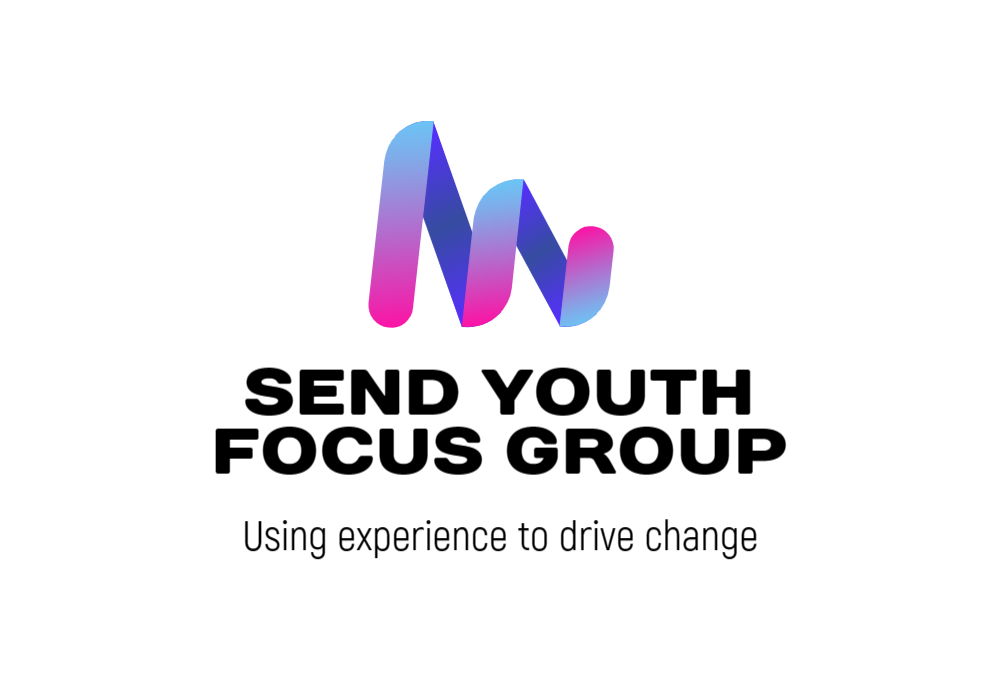Jovi, our SEND Participation and Engagement Officer, shares the learning from our second SEND Youth Focus Group.
In the latest session the young people discussed the important topics that they would like included in a SEND training for youth leaders. The young people were asked what they would like group leaders to know about SEND. They shared that most importantly that people should refrain from generalising people with SEND. Although SEND is an umbrella term, each child that comes under that umbrella can be vastly different from another. There is a lot of diversity between young people as individuals and even more for those with additional needs, even if they have the same diagnosis.
Each young person with SEND is distinct in the four areas of need:
- Communication and interaction
- Cognition and learning
- Social and emotional health
- Sensory and physical needs.
A group member highlighted that “if everyone was the same that the world would be a very boring place”.
The need for patience
The group went on to discuss the significance of patience when working with people with SEND. They highlighted that everyone will learn things at a different pace so it is important to give people time to process responses. Some people may have delayed processing and may feel overwhelmed with the expectation to respond quickly. It was also emphasised not to make individuals feel dumb or treat them poorly because of their differences. The group shared that other useful qualities for staff working with people with additional needs is being understanding, attentive, having the ability to build a rapport, the ability to speak calmly and quietly and being knowledgeable on SEND.
Joining for the first time
The group were asked what they would find helpful if they joined a session for the first time. They identified some changes that a group leader could make to make joining a group easier for them. The young people said that knowing the content and the structure of the session beforehand will help them know what to expect. Also, having the opportunity to speak to the session leader before to build a relationship. They agreed that this may also reduce the anxieties of parents/carers. In addition to this, they said that being invited to a session slightly earlier than the rest of the group would help them ease into it rather than walking into a room full of people. It was also emphasised that being given an opt-out option and having a quiet space to go to when feeling overwhelmed or the need to self-regulate will be very helpful.
What does sensory overload feel like?
As part of the session the young people wrote down what overstimulation/ sensory overload feels like to them. The responses read “partial confusion and frustration, stressful, twitchy, annoyed, want to leave a situation quickly”. Another response explained. “It feels similar to drowning, I am unable to breathe normally, or take in sights normally. A pressure rises in my chest and ears and I cannot think clearly. I also become very itchy all over my arms and legs”. The purpose of this is to help other people understand their experiences and reduce the likelihood of making people feel discomfort because understanding is the first step.
We would like to thank the young people for their brilliant contributions to the discussion and their willingness to make changes across Slough to help educate other people about having special educational needs and disabilities. We look forward to a more inclusive Slough.
To get involved with our next SEND youth participation project please contact Jovi 07709525687 or [email protected]
